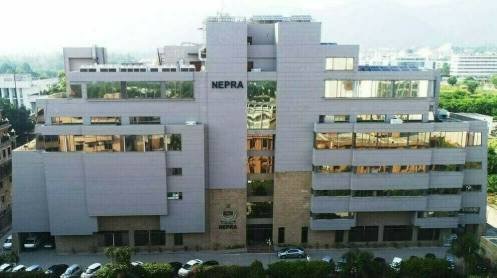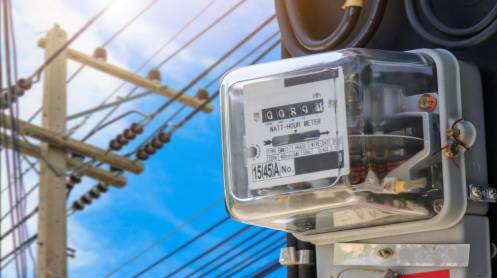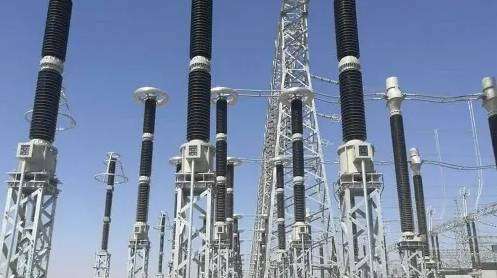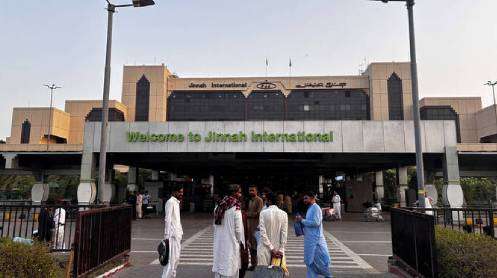Islamabad, October 30, 2025 – The National Electric Power Regulatory Authority (Nepra) came under sharp scrutiny on Wednesday as participants at a public hearing questioned the regulator’s “collective wisdom” — a phrase often cited in its decisions — following its recent revised determination for K-Electric (KE), which reduced the utility’s supply tariff by Rs7.60 per unit, from Rs39.97/kWh to Rs32.37/kWh.
The public hearing, chaired by Member (Law) Amina Ahmed and attended by Member (Development) Maqsood Anwar Khan and Member (Technical) Rafique Ahmad Shaikh (via Zoom), focused on the Fuel Charges Adjustment (FCA) for September 2025, including KE. The Central Power Purchasing Agency-Guaranteed (CPPA-G) sought a positive adjustment of Rs0.37 per unit, to be reflected in consumers’ November bills.
CPPA-G CEO Rehan Akhtar informed the Authority that since the FCA impact of Rs0.08 per unit applied in October would lapse, the overall increase would amount to Rs0.45 per unit. Nepra’s tariff team clarified that the calculation excluded KE’s own generation data, which would be assessed separately under its own FCA determination.
However, the recent downward revision of KE’s tariff sparked pointed criticism. One participant questioned how Nepra’s “collective wisdom” justified reducing the government subsidy from Rs8.78/kWh to just Rs0.78/kWh. “What compelled the Authority to revise the tariff so drastically? Was there external pressure?” the participant asked.
Others questioned whether the earlier determinations were flawed enough to warrant such major corrections. Responding, Member (Law) Amina Ahmed clarified that subsidy allocation lies outside Nepra’s mandate. “Subsidy was not discussed in either the original or the revised determination. Our focus is on KE’s performance, not the subsidy mechanism,” she stated, emphasizing that the revised determination had been approved collectively by all members after detailed deliberation.
During the hearing, CPPA-G and ISMO representatives reported a 5.23 percent drop in national electricity demand in September 2025, largely due to industrial slowdown and widespread rooftop solar adoption. Officials said peak daytime demand had declined by 7,000–8,000 MW, forcing temporary generation cuts, while supply ramped up again after sunset to meet evening consumption.
On a query regarding the Prime Minister’s recently announced “incremental consumption package,” Nepra officials said no formal proposal had yet been received from the government. A public hearing would be scheduled once official documents are submitted.
Representing the Karachi Chamber of Commerce and Industry (KCCI), Tanveer Barry reiterated his demand for transparency in KE’s FCA calculations, arguing that KE’s 2,000 MW draw from the National Grid should have resulted in a negative FCA. “Why is this benefit not being passed on to Karachi consumers?” he asked, urging Nepra to transfer all pending benefits to end users immediately.
Barry also expressed concern over continued load-shedding in commercial zones of Karachi and called for Nepra to expedite pending consumer complaints.
Another participant, Rehan Jawed, raised questions about the savings from the uniform FCA for KE and the impact of additional 1,000 MW supply on capacity charges. In response, CPPA-G CEO Rehan Akhtar assured that detailed responses would be shared with the Authority upon receiving written queries.
The heated exchanges underscored growing concern among stakeholders over regulatory transparency, tariff rationalization, and accountability in Pakistan’s power sector.
Story by Mushtaq Ghumman







